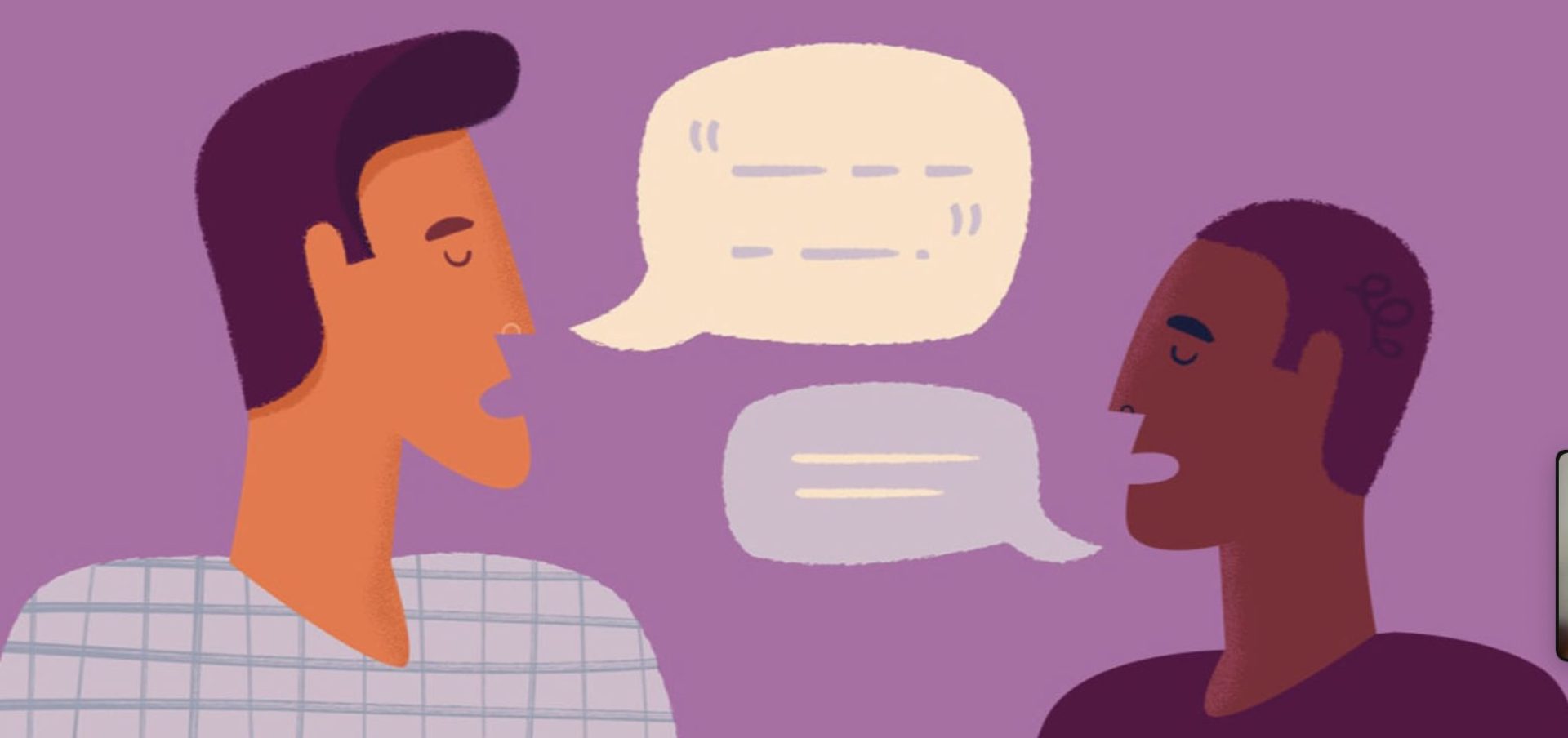The Power of Acceptance – Stuttering with Confidence
What is stuttering? Many people talk about stuttering in terms of what it sounds like, for example repeating sounds or words. In my opinion, it’s much more beneficial to talk about stuttering from the point of view of the speaker. In order to do this, we need to talk about what stuttering feels like rather than what it sounds like.
Let’s Talk About Stuttering From the Point of View of the Stutterer..

Almost everybody who stutters describes stuttering as the feeling of being stuck, or of losing control of their speech. If we think about stuttering from this perspective, we can easily see why so-called “speech tools” often don’t work. Speech tools are all about changing the way you talk by doing such things as stretching out the beginning of a word, or slowing down your speech as you are talking. If the stuttering person doesn’t have control over their speech in a moment of stuttering, then how would they be able to change the way they speak in that moment?
Don’t get me wrong, speech tools have their place, and they can be quite effective. But acceptance of your speech can perhaps be even more effective in improving your quality of life if you stutter.
The Stigma Surrounding Stuttering
If you are a person who stutters, then you are all too familiar with the stigma surrounding stuttering in our society. Your speech can make others uncomfortable, especially when you’re talking to someone who doesn’t know you, such as a barista or waitress, or a store clerk. You might also have experienced discrimination due to your speech.
The Power of Acceptance
Acceptance is a powerful tool for individuals dealing with stuttering. It’s about acknowledging stuttering as a part of your identity rather than a flaw or limitation. It’s about being your authentic self. Embracing stuttering can bring about many positive changes in your life, such as improved self esteem and reduced anxiety.
Acceptance Strategies
Learning to accept your stutter is a process. It takes time and doesn’t happen overnight. There are many strategies for learning to accept the way you talk. I’m going to talk about a few of them.
Tell people that you stutter. Many people don’t know what stuttering is, and don’t recognize it when they hear it. Telling people that you stutter helps you educate others. It also helps you feel more comfortable with your stutter, because you won’t have to try and hide it. I know this can be scary at first. But if you can put your message in your own words, it will help you feel a bit more comfortable about it. You could say something like:
“Just to let you know, I have a stutter.”
“By the way, I stutter.”
“I have a stutter, so if you hear me repeating, that’s why.”
I guarantee you, you will be surprised at their reaction. Almost without exception, the person reacts with some form of, “Oh, okay,” or “No problem.” You have helped them to feel more comfortable talking with you. Try it once. See what happens. Then, if you like, let me know. Click here to contact me.
Voluntary stuttering: Try to stutter openly in different situations. For example:
Asking a stranger for the time
Ordering food without pointing at a menu
Make a phone call instead of texting someone.
When you’re in a conversation with someone, plan to stutter on the first word in each sentence.
Consider giving a presentation about stuttering to a group. For example, to a class or church group. Raising awareness about stuttering can help combat misconceptions and reduce the stigma surrounding it.

Acceptance of stuttering is a journey filled with self-discovery and empowerment. By embracing your unique identity and accepting stuttering as a part of yourself, you will be on the road to communicating with confidence. You will inspire others with your resilience. Stuttering doesn’t define who you are; it’s just one aspect of your incredible story. So, embrace it, and let your voice be heard.
